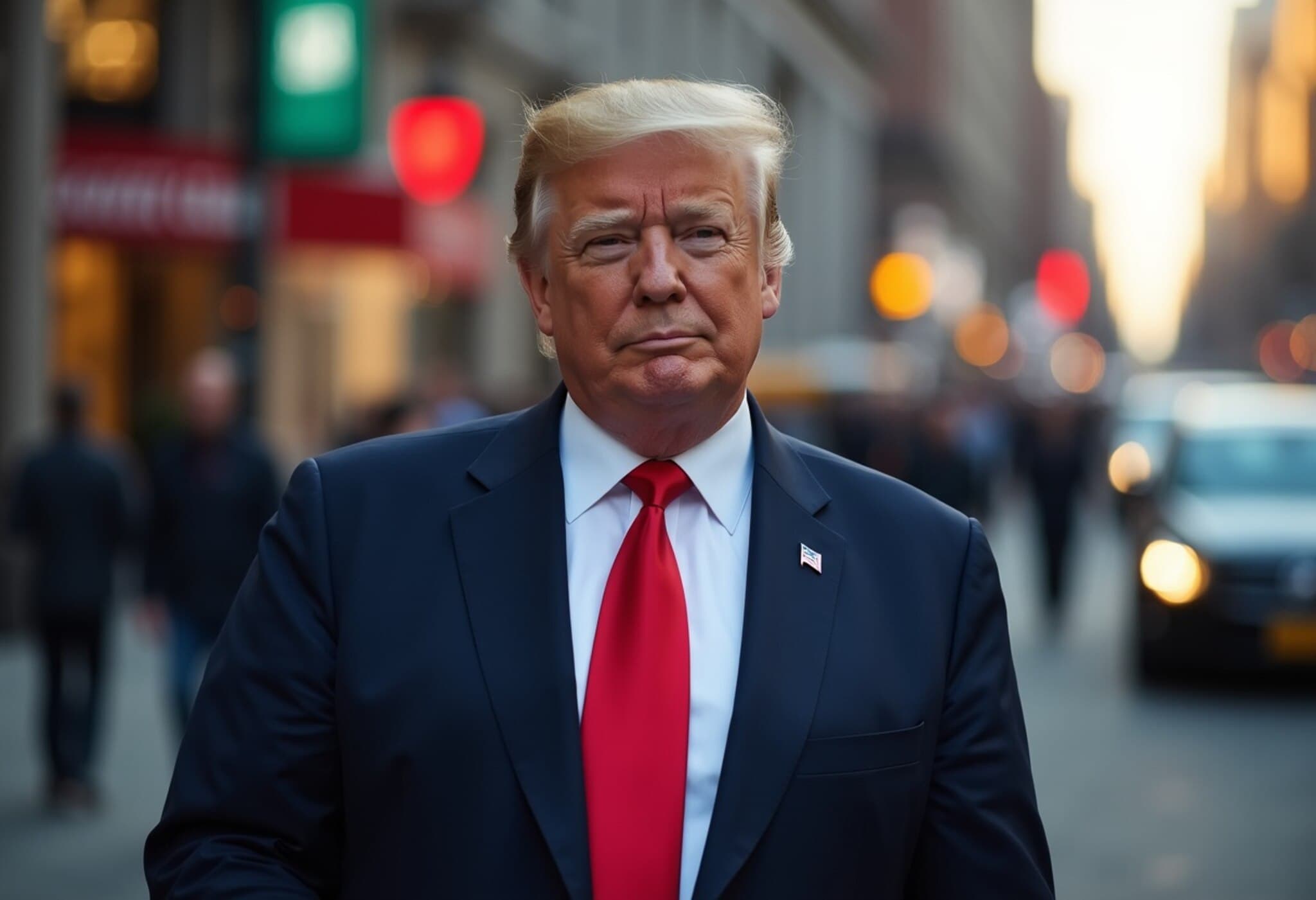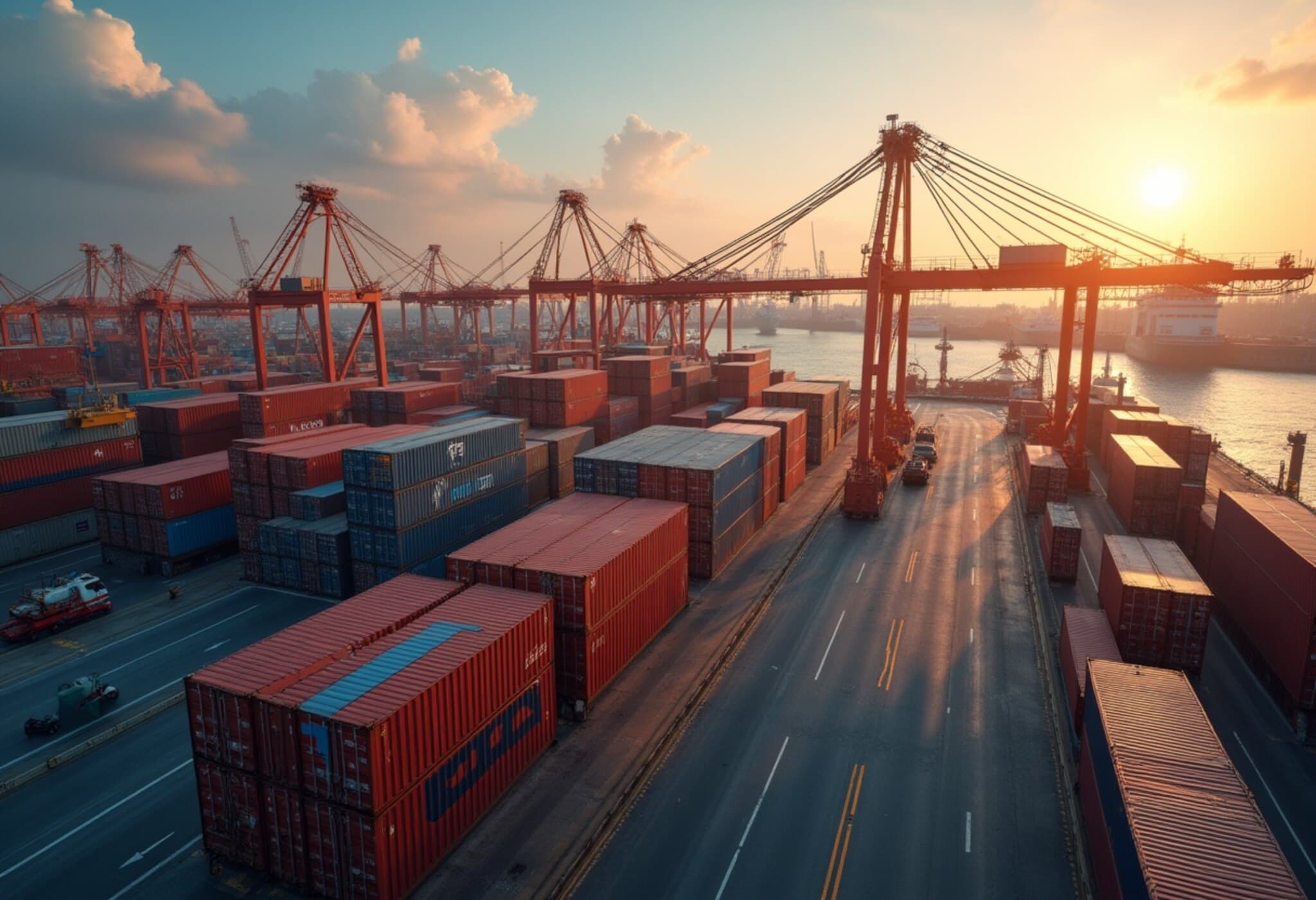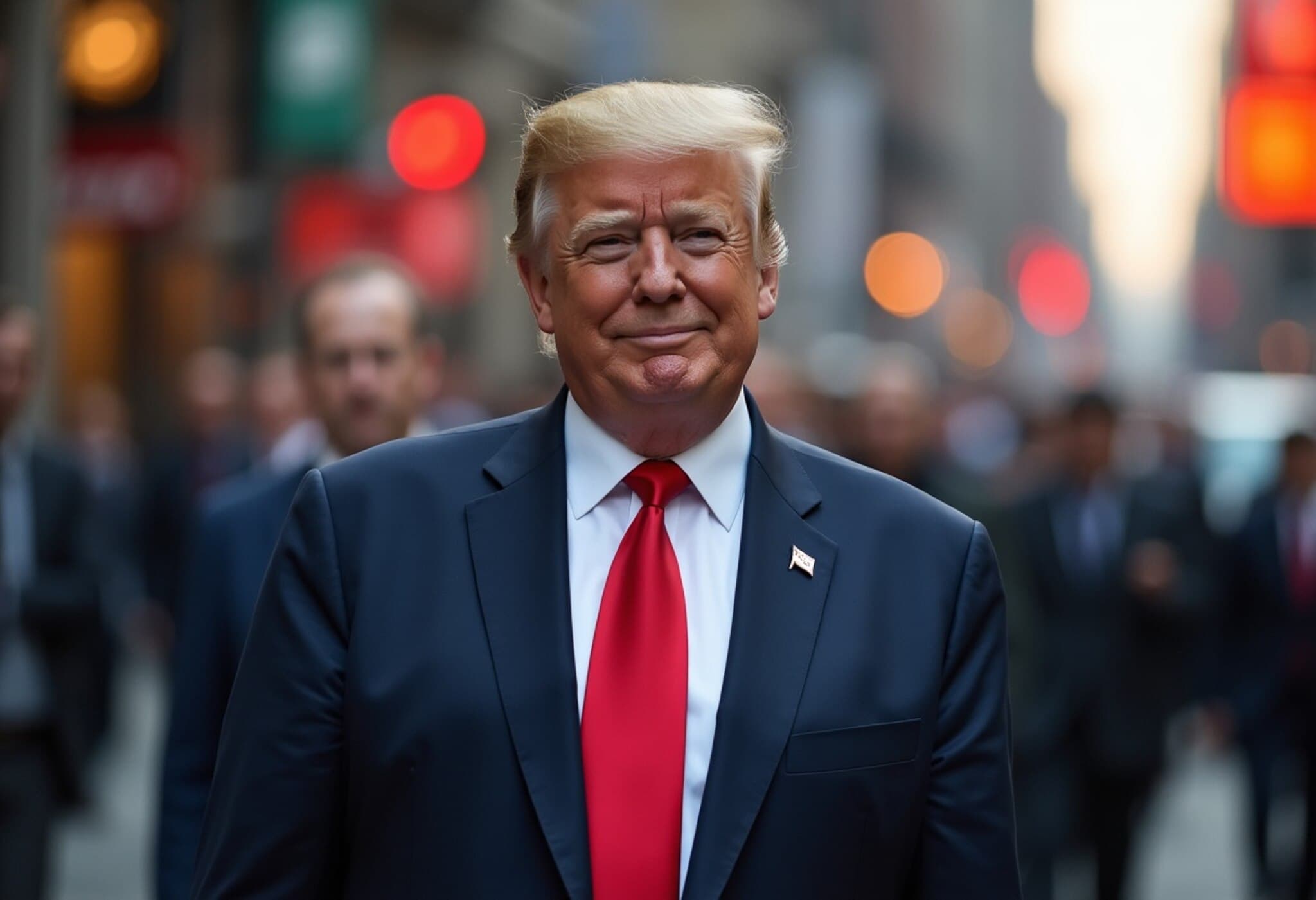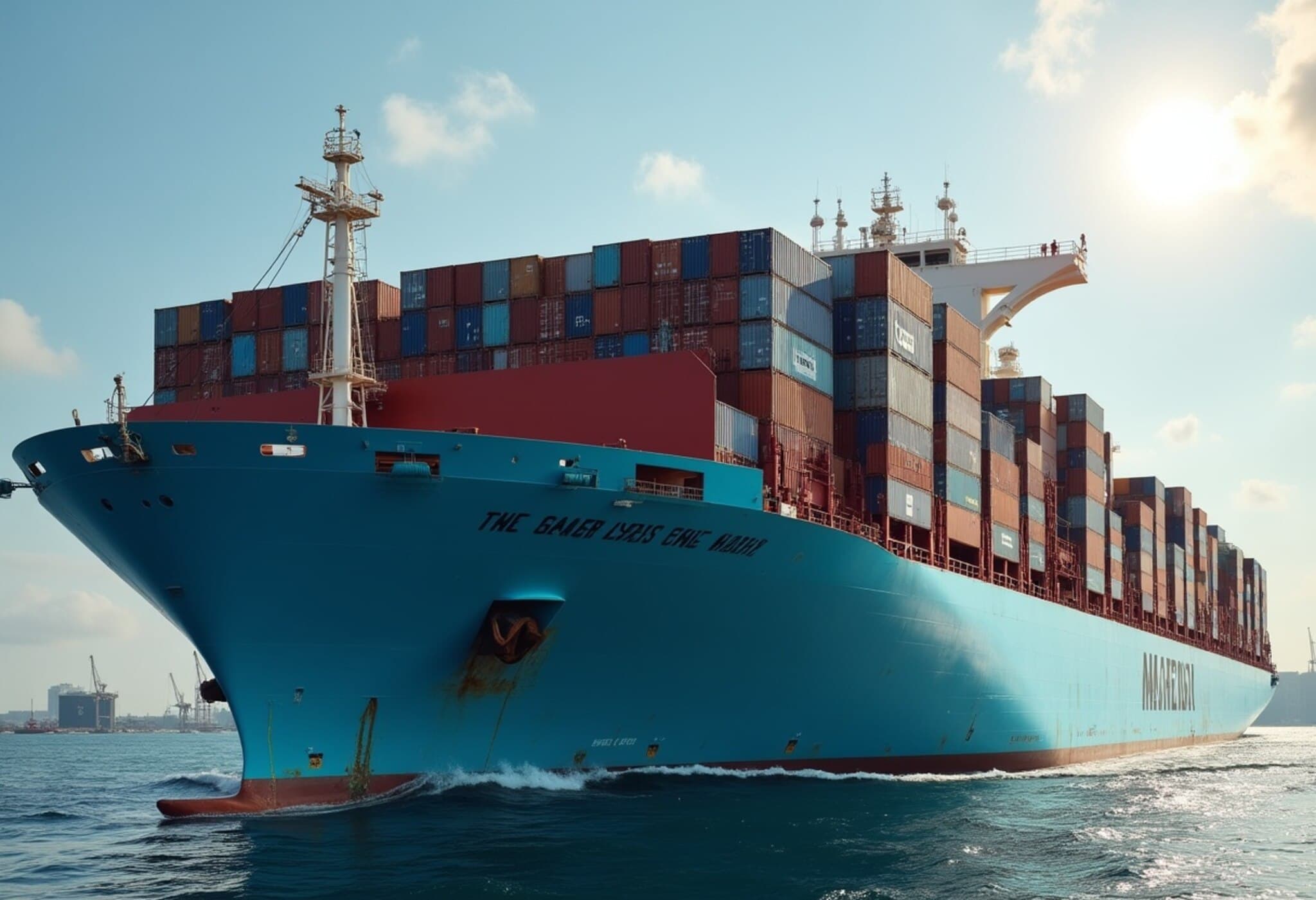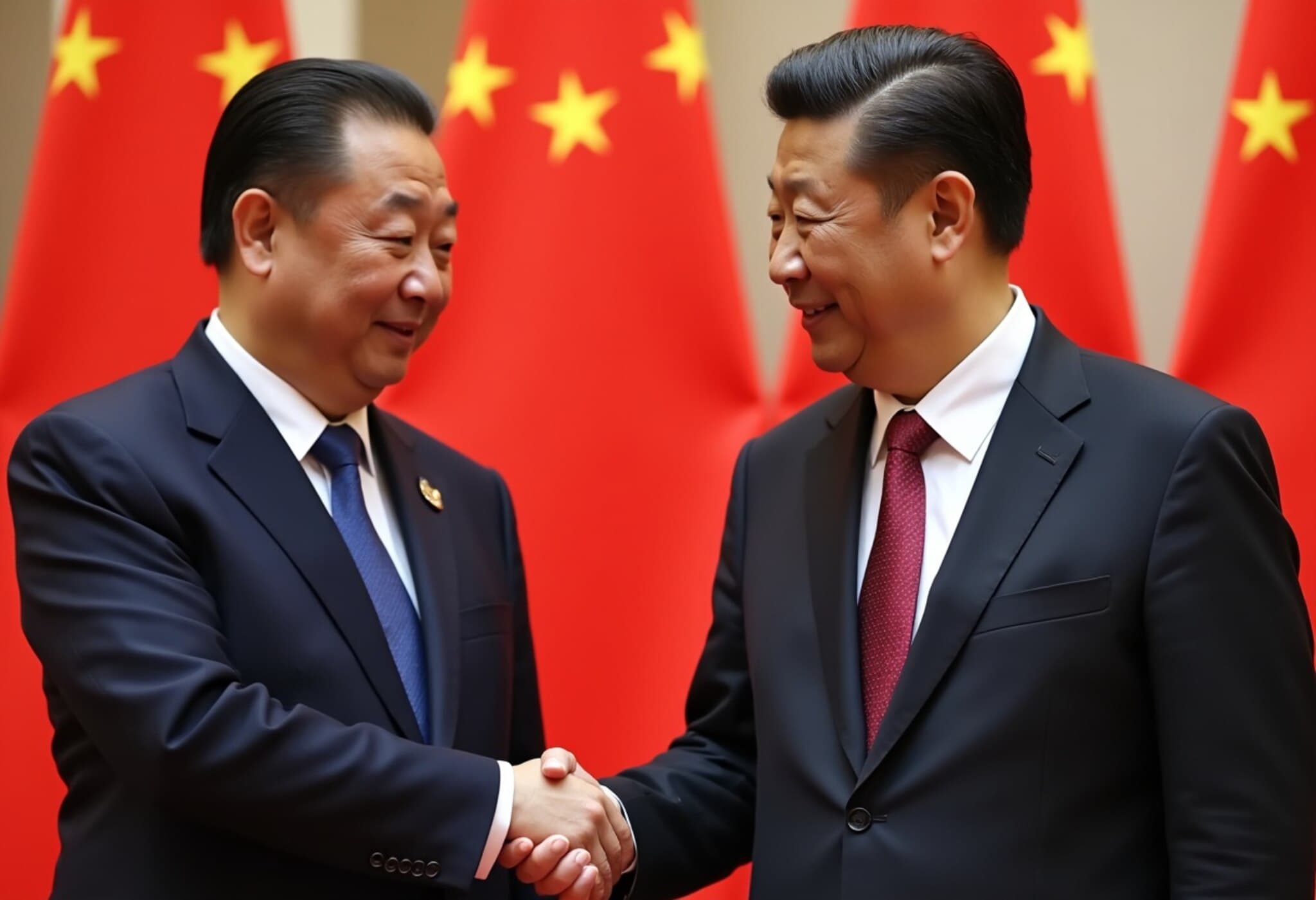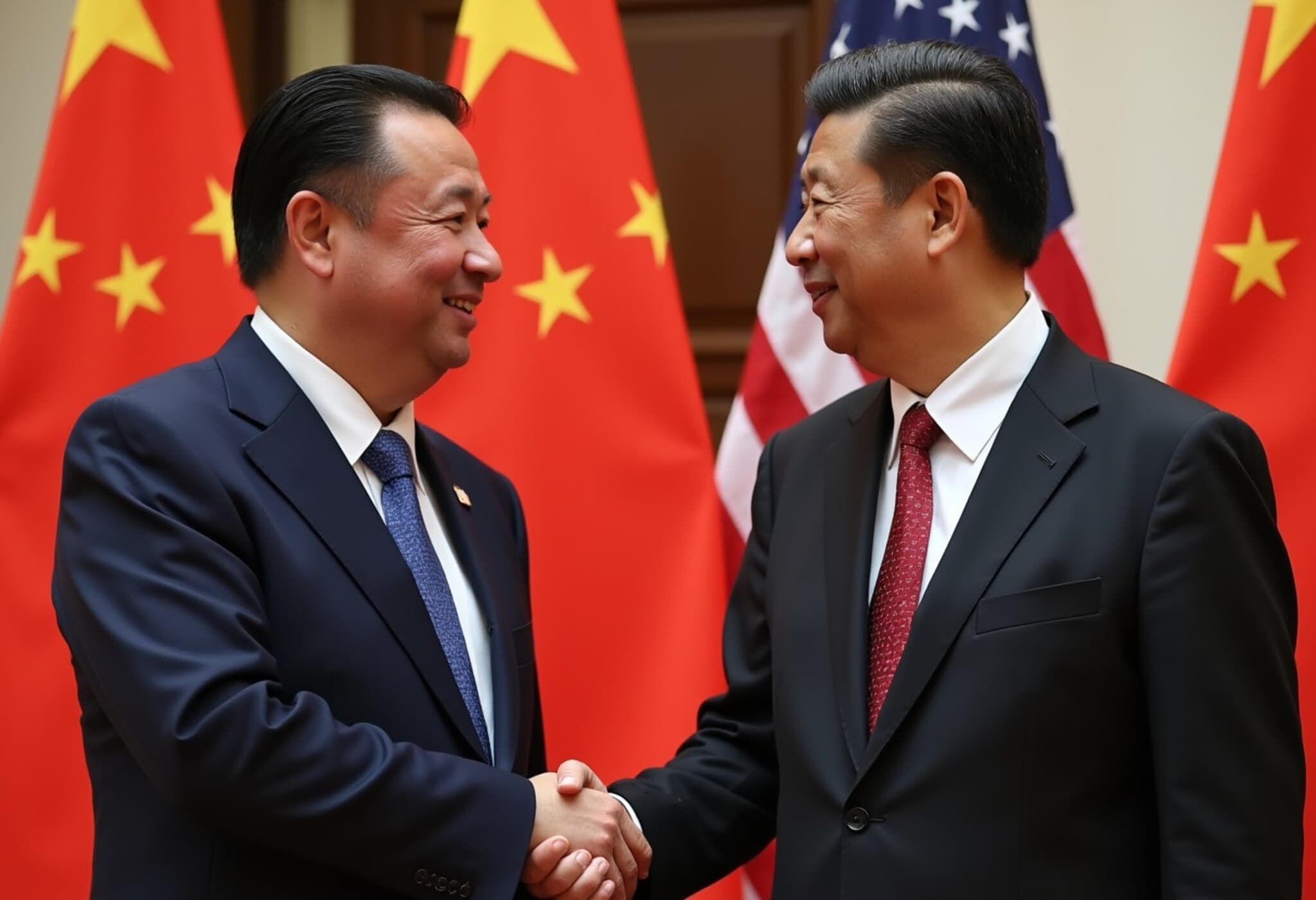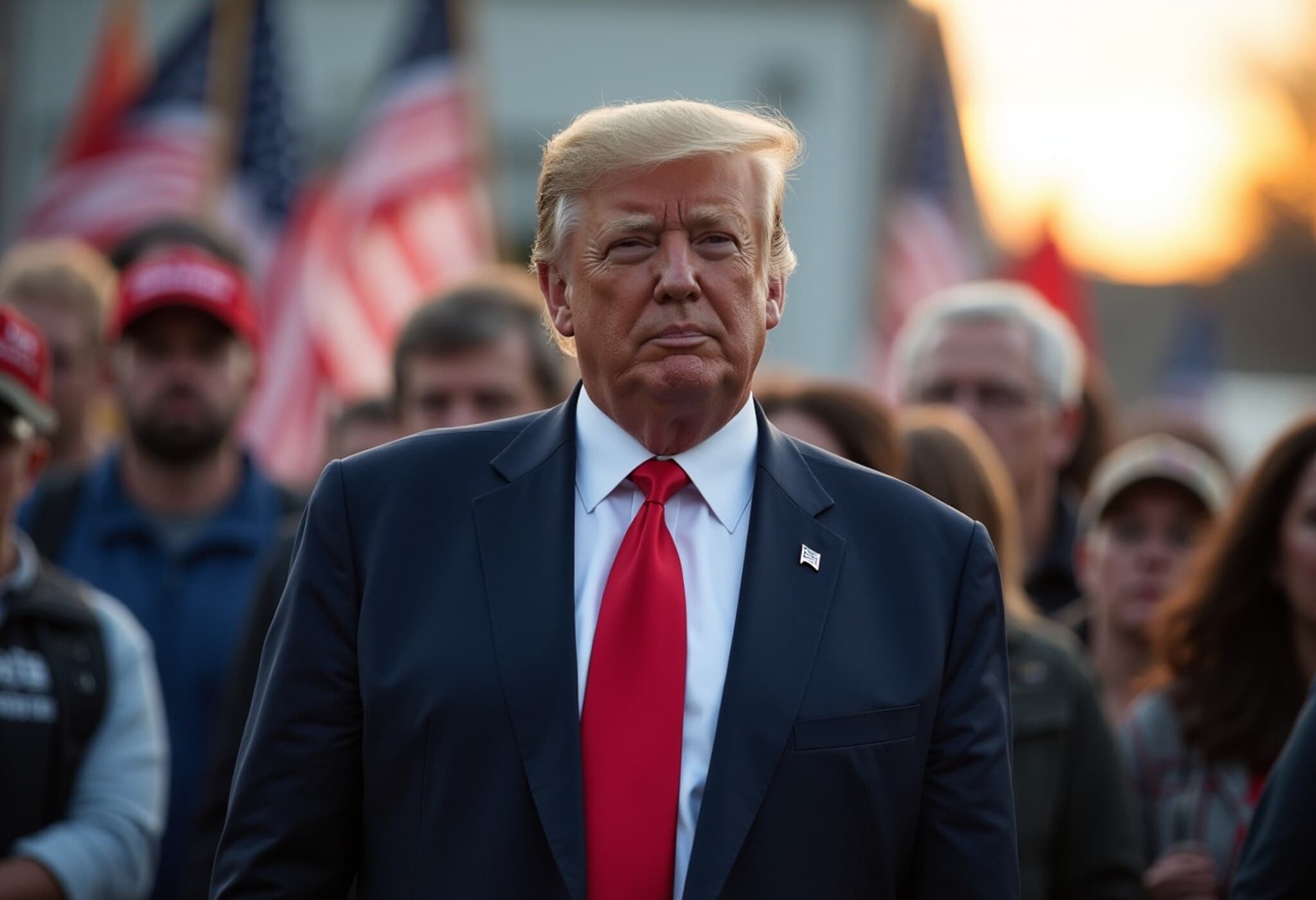IMF Warns Trade Disputes Cloud Global Economic Prospects Ahead of July Update
On July 18, 2025, the International Monetary Fund (IMF) issued a cautionary note regarding the persistence of trade tensions as a significant threat to global economic stability. Despite some encouraging signs—such as easing inflation and improved financial markets—the IMF underscored that uncertainties around trade conflicts continue to weigh heavily on prospects for worldwide growth.
Backdrop to the July Forecast Revision
The IMF is set to release its updated global economic forecast at the end of July, factoring in recent trends like the expedited movement of goods ahead of tariff hikes, shifts in trade routes due to evolving tariff barriers, and a generally more accommodative monetary environment. These nuances promise to paint a somewhat improved picture compared to the gloomy outlook shared in April.
Earlier this year, the Fund trimmed its 2025 growth projection to 2.8%, down by 0.5 percentage points, largely due to escalating tariffs implemented by the United States—the highest in a century—and growing trade disputes that ripple across international markets. It also slightly reduced the 2024 forecast to 3.0% growth, reflecting ongoing geopolitical and economic tensions.
Gita Gopinath’s Expert Insights at the G20 Meeting
IMF First Deputy Managing Director, Gita Gopinath, speaking at the recent G20 finance officials’ summit in South Africa, conveyed cautious optimism while highlighting the fragility of the current economic landscape. She emphasized that although improved financial conditions and some disinflation offer hope, the dominant risks remain on the downside.
According to Gopinath:
- Trade tensions continue to cloud the outlook, exacerbating uncertainty for policymakers and markets.
- Domestic economic imbalances must be tackled through prudent fiscal policy—reducing unwarranted expenditures and ensuring debt sustainability.
- Central bank independence remains vital; monetary authorities should tailor policies to their national contexts to support stability without fueling inflationary pressures.
Emerging Markets Face Lingering Challenges
Capital flows into emerging and developing economies have remained sluggish yet resilient, according to Gopinath. These markets confront tighter financing conditions amidst a turbulent global policy landscape and heightened market volatility. For many, particularly nations burdened by unsustainable debts, proactive and timely debt restructuring is indispensable.
The IMF reiterated its call for enhanced mechanisms to facilitate such debt restructuring and advocated broader access for middle-income countries to initiatives like the G20’s Common Framework for Debt Treatment. This move could prevent financial crises from deepening and spilling over into global markets.
Why Trade Tensions Matter: A Broader Perspective
Trade disputes act like a fog over economic pathways, reducing investment confidence and disrupting supply chains. Beyond headline tariff rates, the unpredictability these tensions sow affects business decisions and international cooperation on pressing issues such as climate change and technological innovation.
For the American economy—even as it pushes for protectionist measures—the knock-on effects can translate into higher consumer prices and complications for exporters navigating retaliatory measures. Globally, prolonged trade friction risks undermining not just growth, but fragile gains made in poverty reduction and global integration.
Looking Ahead: Navigating Uncertainty with Policy Balance
As the IMF refines its forecasts, the overarching message is clear: sustained economic recovery hinges on dialogue and cooperation to defuse trade disputes and craft policies that foster inclusive and sustainable growth. Central banks must walk a fine line to control inflation without stifling expansion, while governments need to judiciously manage fiscal balances.
The upcoming IMF update will be closely watched by governments, investors, and businesses worldwide, offering crucial guidance amid a still-unsettled global economic environment.
Editor's Note
This alert from the IMF serves as both a warning and a call to action. The intersection of trade tensions, monetary policy, and debt sustainability presents a complex web for policymakers. Crucially, the evolving trade landscape reminds us of the interconnected nature of today’s global economy and the importance of collaborative strategies. As the world braces for the July forecast, the pressing question remains: will leaders prioritize cooperative solutions over nationalistic policies to safeguard the global recovery?



